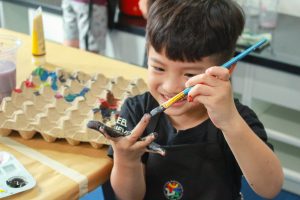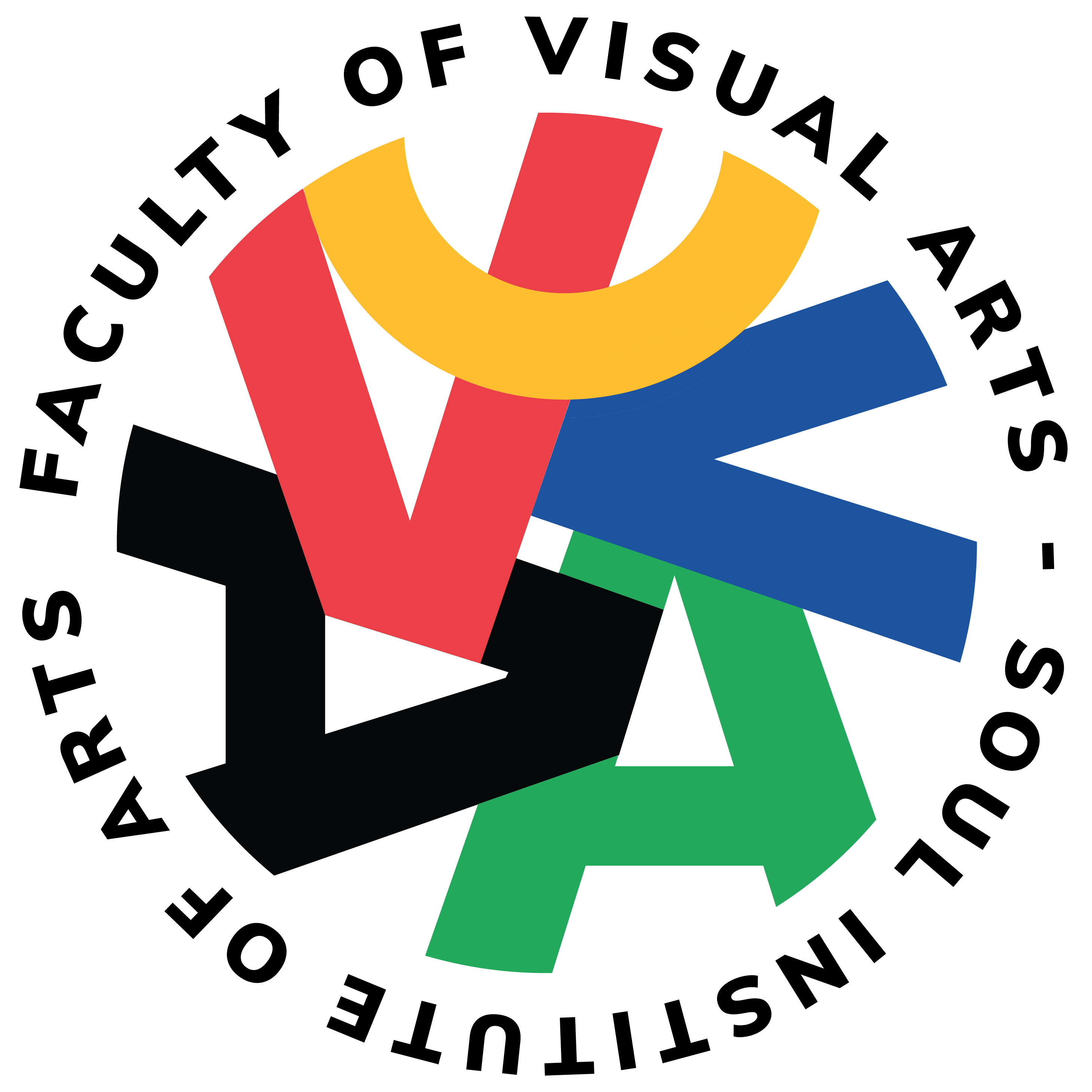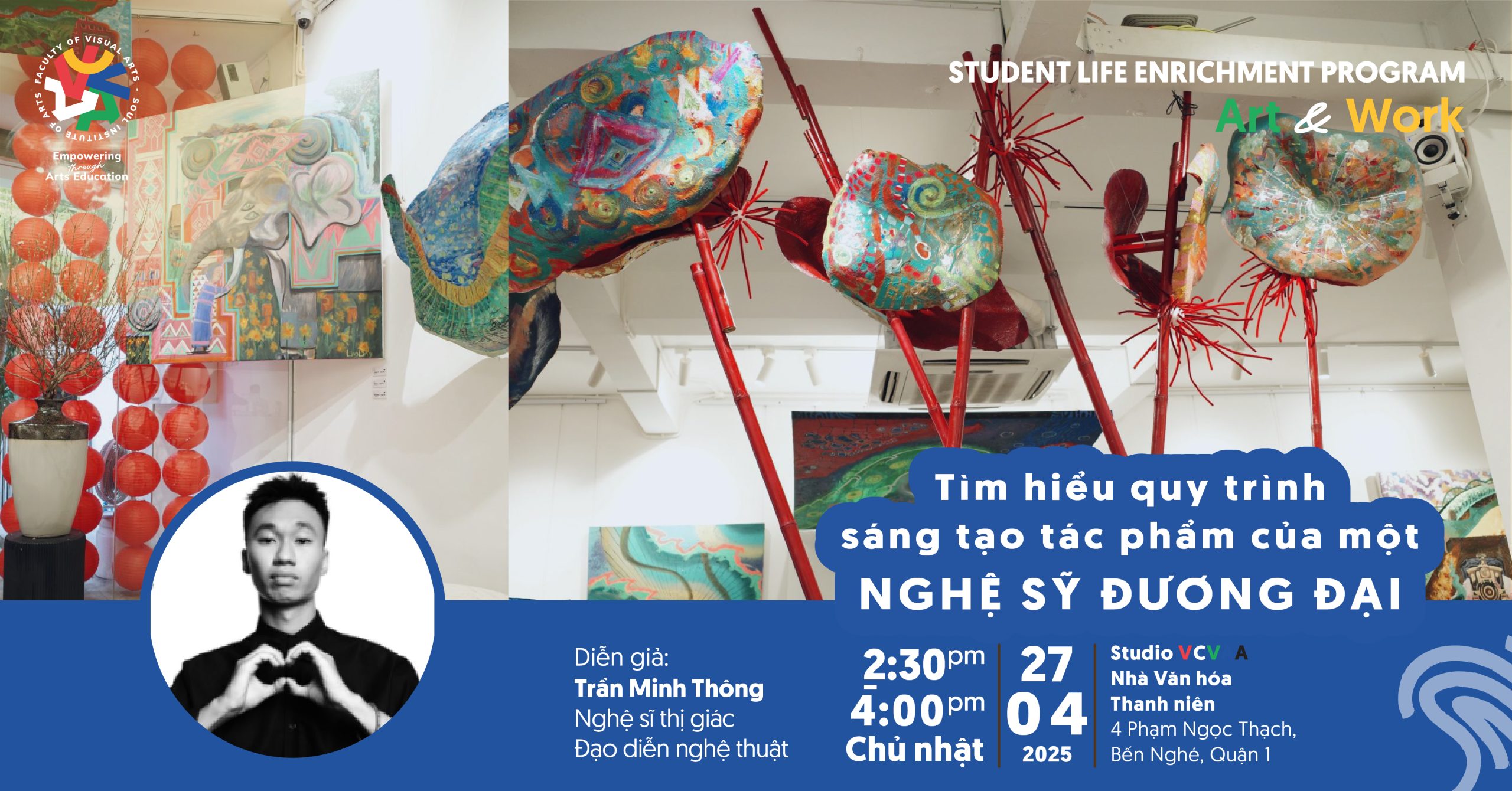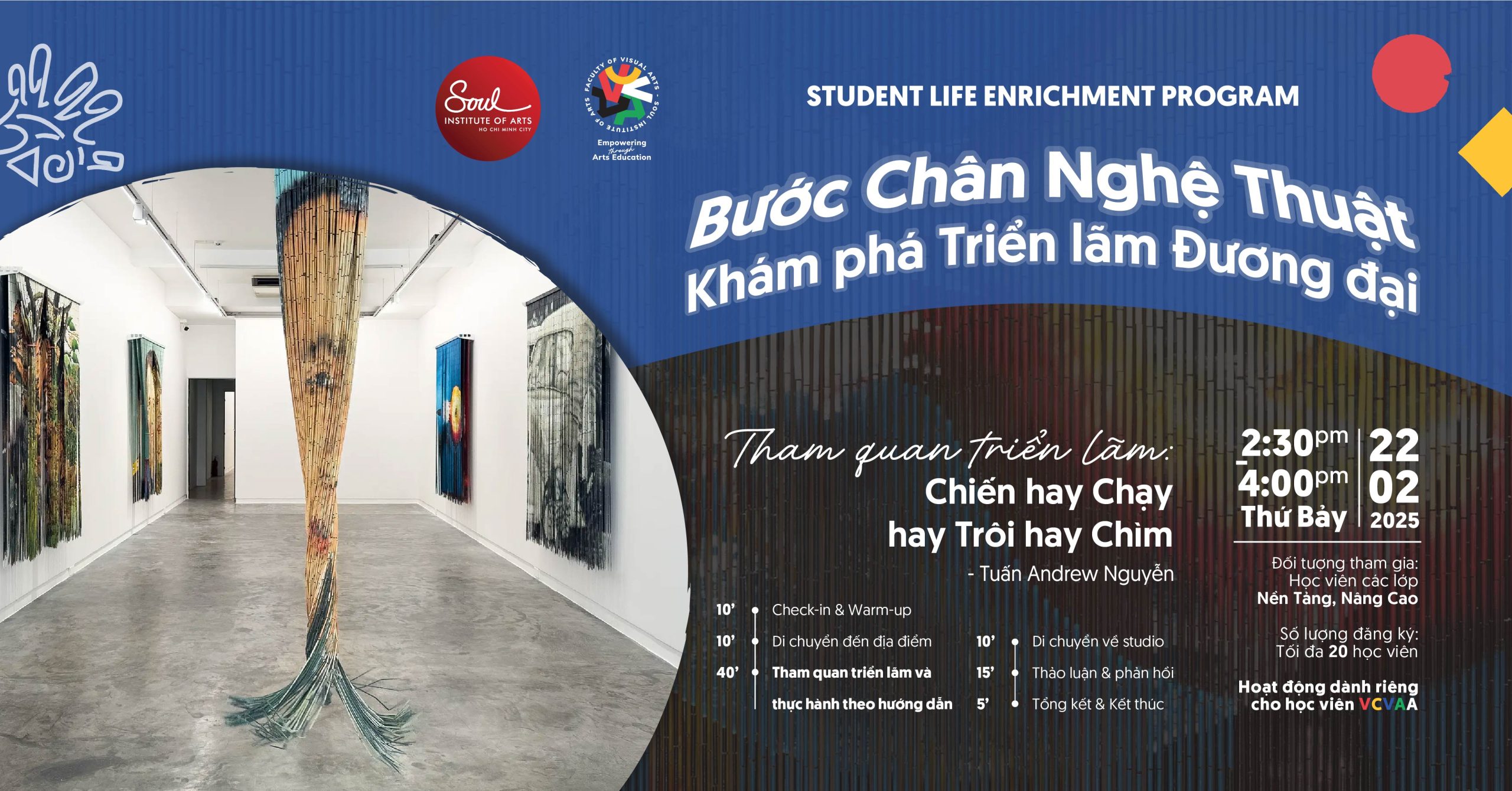Road Runner, an animated filmmaker by Chuck Jones, the creator of Wile E. Coyote, and a series of other famous cartoon characters, once said, “Children are not miniature versions of adults, they are experts in jobs like playing, exploring, trying different things.”
There was a mother who told her child, “My dear, you can keep quiet, your father has been working all day and is very tired,” and the child could rightfully respond, “I’ve been playing all day today too!” And that’s exactly what we’re talking about – kids are experts – children’s experts like doctors are medical experts. And these child experts are also prone to mistakes just like a doctor forgetting their medical instruments.

Due to the fact that young children often make many mistakes, parents need to be extremely careful in their use of criticism and condemnation. A child’s creativity cannot develop if they constantly receive criticism from adults. However, improperly given praise can also cause as much harm as criticism.
“The love of parents is not a fountain, it is a well. If you keep giving too much, that love will lose its effect. But if love is present, whenever the child needs it, it is much better. It means that the most important thing is how you give love to your child, which is what they need, not what parents need.”
“My parents loved me like that. Once, I drew a picture with a lot of green colors and some funny images. When I showed it to my mom, instead of asking, ‘What did you draw?’ my mom said, ‘Oh, you used a lot of green in this picture, didn’t you?’ With this approach, there is no criticism, just a true reflection of what the child has done. Jones also believes that “There is always much interesting you can observe in a child’s drawing without judging it.”

Some parents who know nothing about art criticism feel perfectly fine evaluating their child’s artwork. Worse yet, when a child draws a picture, parents praise it as ‘Absolutely fantastic’ and stick it on the refrigerator.
However, it’s not always necessary to say ‘Absolutely fantastic.’ If you keep saying ‘Fantastic’ all the time, in the child’s subconscious, they will start to think, ‘This is not really worth anything,’ because they know that not every drawing of theirs looks ‘Absolutely fantastic.’

Chuck Jones provided an example of how adults often assume the role of art critics when discussing their children’s artworks. ‘When telling a child to draw a flower, the drawing may not be terrible, but most parents can’t help but adopt the mindset of an art critic when commenting on their child’s work.’
Therefore, parents might ask their child, ‘What is this? It’s supposed to be a flower, right?’ And then, when the child confirms, the parents might say, ‘Why does this flower look bigger than you?’
This line of thinking leads to a misconception. Because providing a definite negative assertion about the need for the flower to be smaller from an adult’s perspective is not advisable. Taking the example of ants, when they walk through lush green grass, to them, the grass appears enormous. The truth is, children also have their own perceptions of those flowers, and from their perspective, the flowers may appear just as large.

Afterward, when parents say, ‘So what’s this?’ and the child responds, ‘That’s me, I’m dancing,’ but then parents go on to say, ‘Hmm, but why do you only have one knee? You don’t have the other knee.’ It’s absurd. Parents should try to imagine themselves dancing and they’ll see they have ten elbows, fourteen knees, and many toes all over the place!”
“So, when a child brings you a drawing, look at it and see how it differs from other drawings. But don’t just focus on the child’s drawing; look at the child too. If they are proud of that drawing, you can join in their pride, which helps you become closer to them.
But if they’re not satisfied with the drawing, don’t say that their drawings look amazing. It doesn’t make the child happier because they know it’s not amazing at all. They might not feel upset, but they certainly won’t feel comfortable about it.
Source of translation: Goleman, D, Ray, M & Kaufman, P (1992). Children are not little adults in The Creative Spirit, pp.68-69.
Translated by the VCVAA teacher group.







